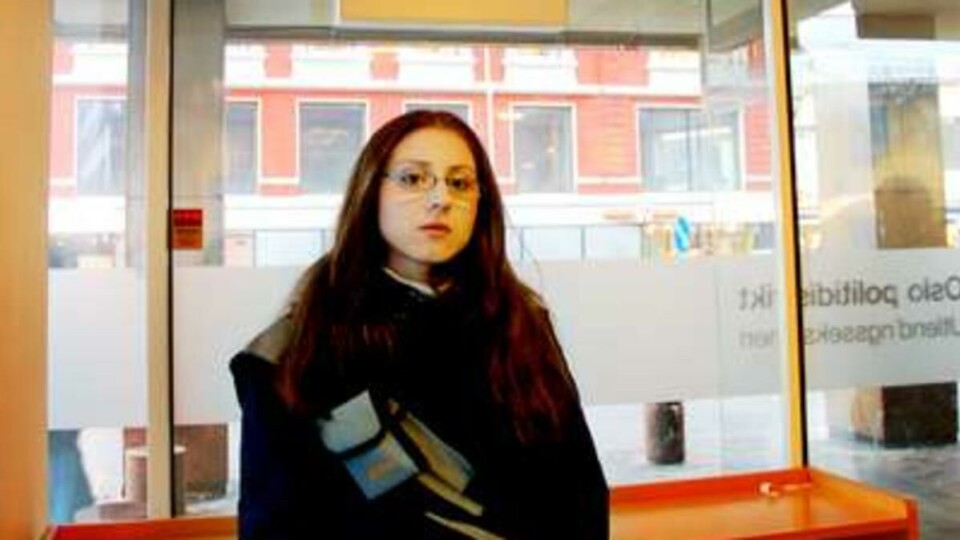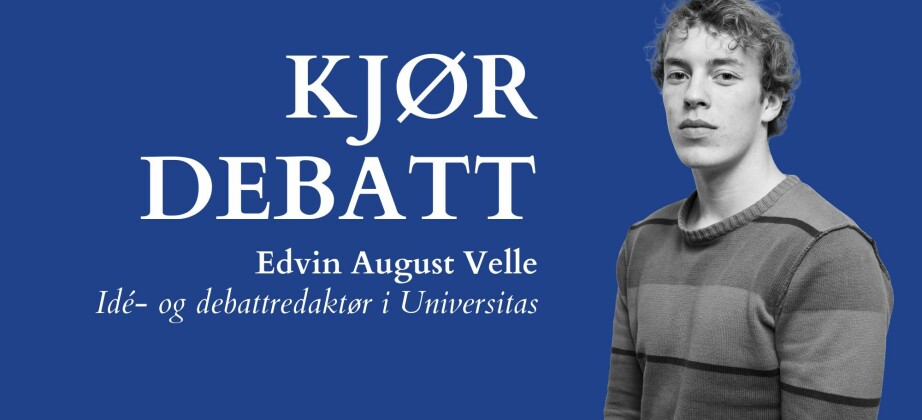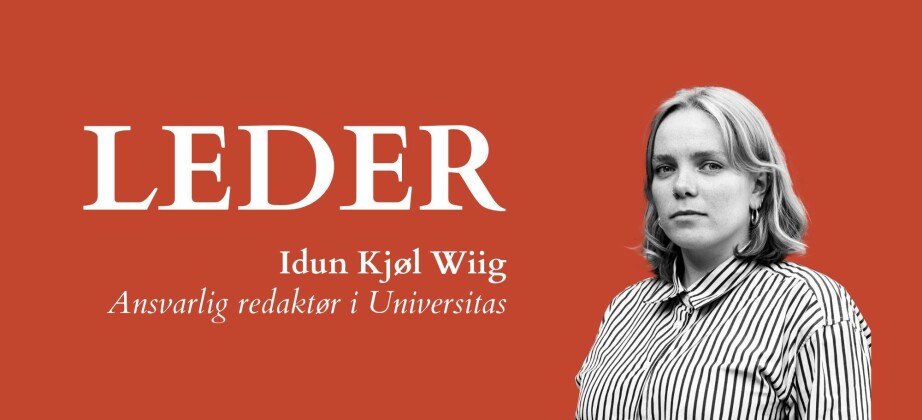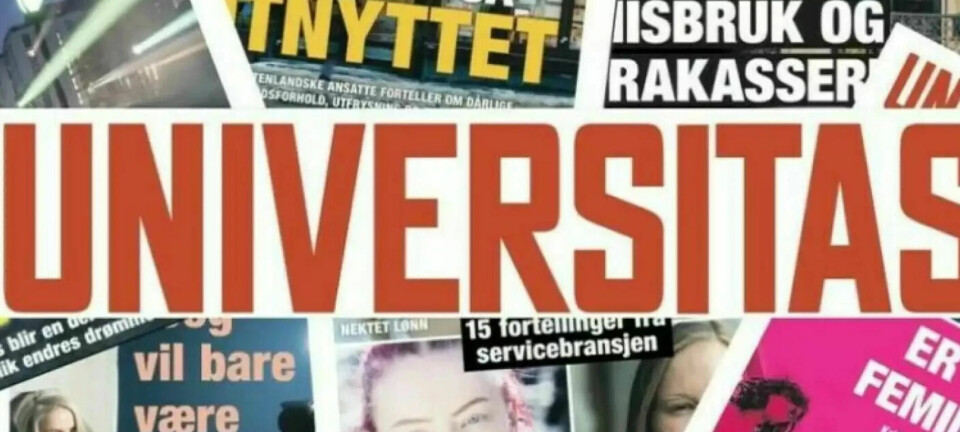Almost half of the pay goes to fees

Fees raised for international students
The student politicians’ request that students from countries not part of the EU/EEA should be excluded from the 800 kroner fee they are charged for their residence and work permits, was not heard. Instead, the Ministry of Labour and Social Inclusion chose to raise the fee to 1100 kroner.
– Discrimination of this kind is inexcusable in a democratic country such as Norway, says Eton Williams, president of the International Student’s Union (IUS) on the national level.
Williams is responding to the 1100 kroner fee that foreigners outside of the EU/EEA-area must pay for their residence and work permits. This is a fee that is charged every single time the students find new work. The fee used to be 800 kroner.
In November, the Student Parliament sent a letter to the Government and the Storting (the Norwegian Parliament), requesting that the international students should be excluded from the arrangement. That didn’t happen. Instead, the Ministry of Labour and Social Inclusion chose to raise the fee by 300 kroner in January this year.
Integration setback
Eton Williams points out the paradox that while the financial support for Norwegian students is raised, the foreign students are charged with extra fees. He stresses that these students first and foremost come to Norway to study and not to work, and that for this reason they should not have to pay the fee.
William receives support from the other student politicians.
– This is a very negative development and the fee can be seen as a setback in the integration process of international students, says Robin Sande, executive for international affairs at the Student Parliament.
Francois Michaud, president of IUS Oslo, agrees.
– A fee like this can leave the international students with a feeling of exclusion; that they are not part of the Norwegian society, he says.
– It is nice to earn a bit of money, but it isn’t much fun when practically half of the first pay check goes to pay a fee. However, it is much worse for the ones with several smaller jobs, says Sabrina Sirbu from Romania.
At the moment, Sirbu is doing a bachelor in media and communication in Norway. In addition to her studies, she works at Verveavdelingen, a sales organisation for volunteer organisations. The pay is about 3500 kroner each month. Sirbu finds it especially annoying that she is charged with the fee even though Romania has become a member of the EU.
– Romania just hasn’t gotten around to signing the papers with Norway yet, she says.

































